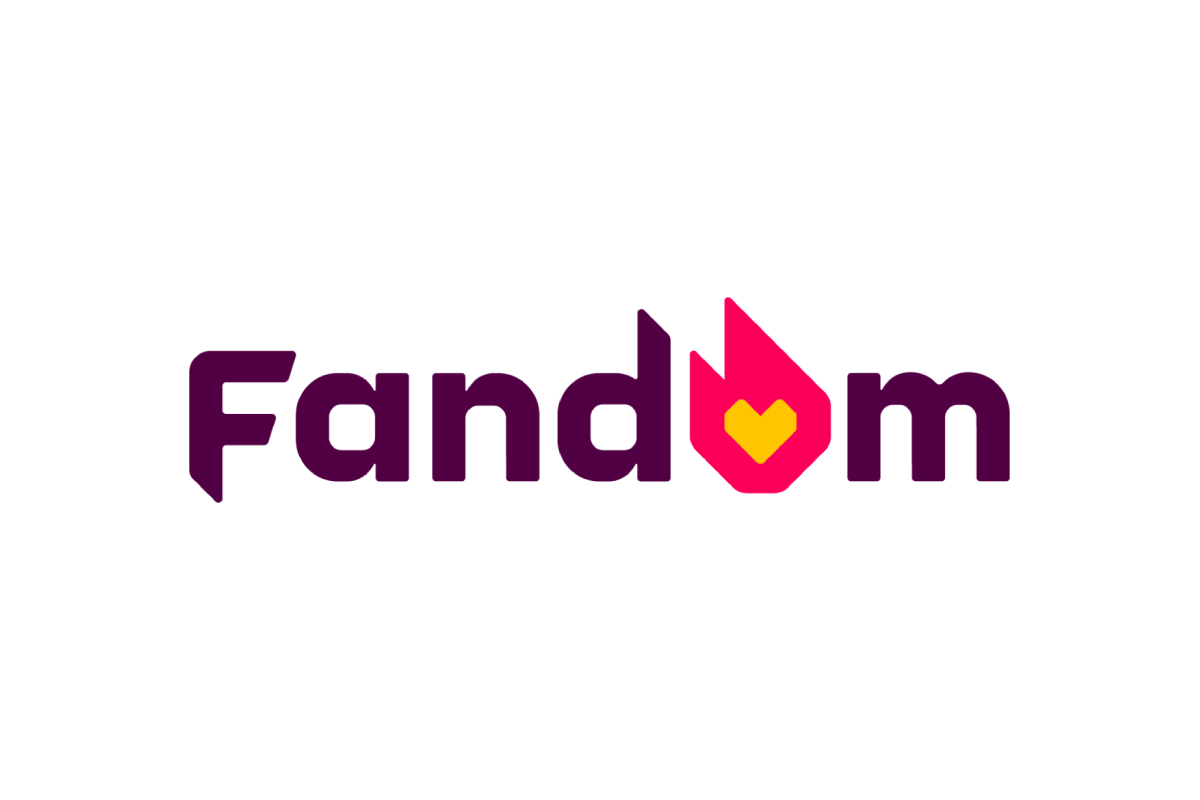

Canada
FANDOM’S INSIDE GAMING REPORT UNCOVERS THE MINDSET & MOTIVATIONS OF GAMERS ACROSS GENERATIONS
Video game franchises have taken mainstream media by storm and gaming as a pastime is showing no signs of slowing down – its a hobby that has captured the cultural zeitgeist and crossed generational lines, and there’s no such thing as a ‘typical gamer’ any more. Now more than ever the industry needs to adopt a more nuanced and generational approach to game development & marketing in order to make a true impact with gaming fans.
Fandom’s Inside Gaming report couples Fandom’s robust, proprietary user data with a custom global study that examines how gamer motivations and behaviors vary by generation and provides a playbook for the gaming industry at large on how to truly understand the mindset of a gaming fan. The findings from the 2023 Inside Gaming report will help brands stand out in this increasingly crowded marketplace while giving them the tools to identify, interact and more precisely connect with today’s gaming audience. This deep dive into the generational differences in gaming uncovered findings in three key areas:
-
Brand & Advertising Impact – examines generational motivations on gaming influence and intent to purchase, as well as which advertiser categories and specific brands are primed to make a huge splash with gamers
-
Gamer Motivations by Generation – explores the differences between major generational groups and their motivations & influence within the gaming space
- Co-Gaming – highlights positive findings around gaming between parents & kids while also providing unique insights to fuel advertising strategies when aligning with families in the gaming space
|
|

“More than 150 million gaming fans come to Fandom and our 100K+ gaming communities each month, allowing us to unlock precise and unmatched insights about gamers across generations and platforms,” said Stephanie Fried, Fandom’s CMO. “These new insights into the behaviors, attitudes and perceptions of today’s gamers will enable marketers and studio leadership to drive better fan experiences and incremental revenue.”

The study uncovered huge opportunities for brands to more strategically tap into gaming audiences – namely in the CPG and QSR industries – and identified the generations that represent the biggest untapped opportunity for marketers. Findings include:
|

There isn’t a “one-size-fits-all” approach to understanding and marketing to gaming audiences. Motivation and influence vary by generation, so it’s critical to understand the mindset of a gaming fan in order to make a true impact in the marketplace. Findings include:
|
|

With the gaming industry booming, time spent gaming increasing, and gaming IP’s seeing huge success crossing over into TV and movies, gaming as a pastime is here to stay. Interestingly, the findings uncover benefits for parents co-gaming with their kids, as well as co-gaming motivations by age group:
|
|
Methodology:
The 2023 Inside Gaming report identifies macro-level entertainment patterns and trends based on a survey of 15,000 Global Fandom users. These insights were validated and deepened through Fandom’s robust user data – more than 350 million monthly unique visitors, 45 million pages of content across 250,000 wikis – and qualitative and quantitative insights from Fandom’s proprietary fan panel. This methodology provides a 360-degree view of what’s happening in the gaming landscape through the eyes of Fandom.
Betty
Thunderkick commits to growth in Ontario with Betty partnership

Independent slots studio Thunderkick has agreed a deal with Ontario-based operator Betty to supply the rapidly growing online casino with a diverse collection of globally popular titles.
Betty, an official partner of sporting franchises Toronto Maple Leafs and Toronto Raptors, has risen to prominence since its 2022 establishment, when it was built following the consultation of 300 casino players to create the optimal iGaming environment.
Distinguishing itself from North American competitors by catering specifically to slot enthusiasts rather than sports bettors, the operator has curated a portfolio of 2,800 games, hand-picked to deliver customers maximum entertainment value.
Thunderkick’s content is the latest to be integrated into Betty’s online casino, and the agreement will see a selection of its most popular titles, including The Wildos 2, Midas Golden Touch 3, and Esqueleto Explosivo 3, made available to a greater number of Ontarian players.
Thunderkick marked its debut in the Canadian province in Q2 of 2024, and has since partnered with a network of leading operators to improve its market position. The collaboration with Betty will further amplify its visibility in a key jurisdiction as the provider looks to reinforce its reputation as a global slot developer.
Svante Sahlström, CCO at Thunderkick, said: “It’s our mission at Thunderkick to go deeper, not wider, in 2025. That means forging meaningful, lasting relationships in target markets as opposed to securing as many commercial deals as possible.
“Since entering Ontario over 12 months ago, we have worked tirelessly to enhance our presence in the province, and working with leading brands such as Betty allows us to bring our unique games to a deeper pool of Canadian players.”
Paraskeva Smirnova, Casino Operations Manager at Betty, added: “Betty’s USP has always been our drive to build a slot portfolio with the very best titles from the industry’s most creative suppliers.
“Thunderkick’s passion for slot development is there for all to see, and the introduction of its games to our casino further elevates the consumer experience.”
The post Thunderkick commits to growth in Ontario with Betty partnership appeared first on Gaming and Gambling Industry in the Americas.
BCLC
Save the Date: BCLC’s New Horizons in Safer Gambling Conference Returns November 2026

BCLC is pleased to announce the return of the New Horizons in Safer Gambling Conference, taking place November 2–4, 2026, at the JW Marriott Parq Vancouver.
This global event brings leading voices in research, policy and industry together to explore innovative approaches to safer gambling. Attendees can expect two days of forward-thinking dialogue, evidence-based insights and collaborative solutions to help shape the future of player health.
Sponsorship Opportunities Now Available
New to the 2026 conference, BCLC is excited to offer sponsorship opportunities to organizations that share BCLC’s passion for safer gambling. Benefits of sponsoring New Horizons 2026 include industry visibility, leadership recognition and meaningful engagement with a global audience. To learn more about sponsorship, please e-mail [email protected].
Registration and program details will be released later this fall.
The post Save the Date: BCLC’s New Horizons in Safer Gambling Conference Returns November 2026 appeared first on Gaming and Gambling Industry in the Americas.
Canada
absolutebet Secures AGCO Registration as an Internet Gaming Operator in Ontario

Internet Gaming Operator by the Alcohol and Gaming Commission of Ontario (AGCO).
This significant milestone authorizes absolutebet to offer regulated iGaming services in Ontario’s legal market under the oversight of AGCO and iGaming Ontario (iGO).
The registration marks a key step in absolutebet’s mission to bring a trusted, responsible, and innovative online casino experience to Ontario players. absolutebet is committed to operating with integrity and transparency, meeting all provincial standards for player protection, responsible gambling, anti-money laundering, and game integrity.
“Securing AGCO registration is more than a milestone—it’s the start of absolutebet’s journey in one of the most exciting regulated markets in the world,” said Chen Truman, Founder of absolutebet. “We are building a brand that will grow with the Ontario community and set the stage for future expansion.”
On the regulatory milestone, Krisztina Kalla, Legal & Regulatory Compliance Advisor of absolutebet, commented: “I’m incredibly proud to see all the hard work behind this license pay off. Securing AGCO registration has taken months of preparation and close collaboration with regulators and partners. I am very happy to see the result of that work, and even more excited as we move into the launch phase and open up the absolutebet community to Ontario players in a fun and responsible way.”
Ontario is recognized as one of the most competitive and fast-growing regulated iGaming markets in North America. With AGCO registration secured, absolutebet will move forward with the final stages of its iGO onboarding process in preparation for launch.
The post absolutebet Secures AGCO Registration as an Internet Gaming Operator in Ontario appeared first on Gaming and Gambling Industry in the Americas.
-

 gaming3 years ago
gaming3 years agoODIN by 4Players: Immersive, state-of-the-art in-game audio launches into the next generation of gaming
-
EEG iGaming Directory9 years ago
iSoftBet continues to grow with new release Forest Mania
-
News8 years ago
Softbroke collaborates with Asia Live Tech for the expansion of the service line in the igaming market
-
News7 years ago
Super Bowl LIII: NFL Fans Can Bet on the #1 Sportsbook Review Site Betting-Super-Bowl.com, Providing Free Unbiased and Trusted News, Picks and Predictions
-
iGaming Industry8 years ago
Rick Meitzler appointed to the Indian Gaming Magazine Advisory Board for 2018
-
News7 years ago
REVEALED: Top eSports players set to earn $3.2 million in 2019
-
iGaming Industry8 years ago
French Senator raises Loot Boxes to France’s Gambling Regulator
-
News7 years ago
Exclusive Interview with Miklos Handa (Founder of the email marketing solutions, “MailMike.net”), speaker at Vienna International Gaming Expo 2018







